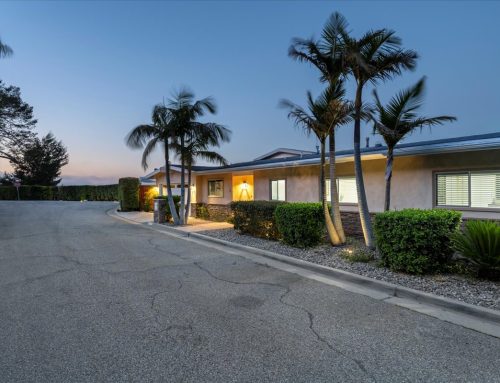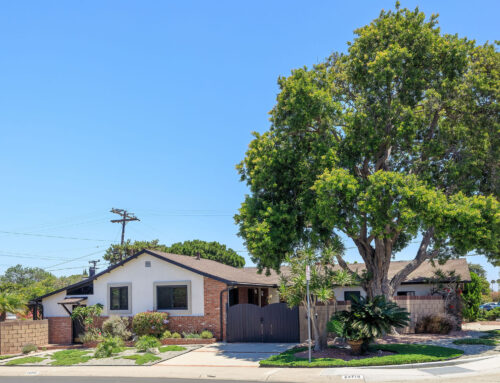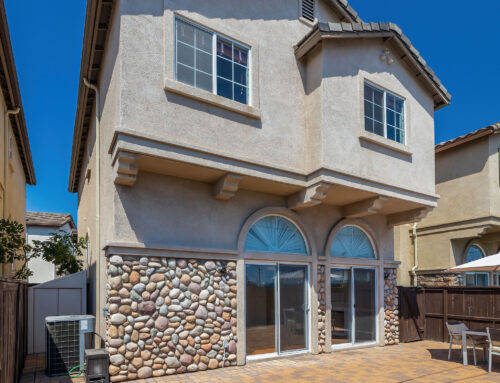Many of the myths that plague the home buying process have come from old standards of the industry. Real estate is much different from what it was 15 years ago. Requirements such as having stellar credit or putting down 20 percent are a thing of the past. Find out which real estate myths you still believe.
The seller pays the closing costs. This is a common myth that many people believe all the way up until the closing occurs. This can be true in some circumstances, but it’s not common or realistic for the seller to agree to pay all the closing costs. It’s best to understand all the additional costs that will incur such as credit reports, survey fees, titles services, an attorney fee, and property insurance. Experts say to expect closing costs to be anywhere from two to five percent of the entire price of the home.
The seller will make repairs based on the inspection report. Your agent will assist you in negotiating any repairs that need to be made upon inspection, but that does not guarantee they will pay for all of it. If they won’t hire someone themselves to do the repairs before you close, and then won’t offer you cash-back credits for you to hire your own professional to come in, you’re probably on your own. This “take it or leave it” approach means that the seller is in no hurry to move or may have more offers coming in.
The asking price is the selling price. Many sellers price their home over the value of their home so there will be room for negotiations. There are many different factors that go into what you offer and what you walk away with. If a home has been sitting on the market for some time, it may be because it was priced too high. In this case, many sellers are willing to reduce the asking price.
The down payment is the only upfront cost. Like stated above, the seller does not always pay the closing costs. After closing and moving into your new place you may find you need extra repairs or improvements. You’ll probably need to furnish the place, also, don’t forget to keep an emergency fund in case of raining days.
It’s cheaper to rent than buy. Today, in almost every city, rent prices are increasing faster than home prices. When it comes to paying for your living, isn’t it better to be paying your mortgage toward are home you own vs paying your landlord? Renting is more ideal for people who know want to be more flexible, but buying is ideal for people who want to invest.







Leave A Comment
You must be logged in to post a comment.